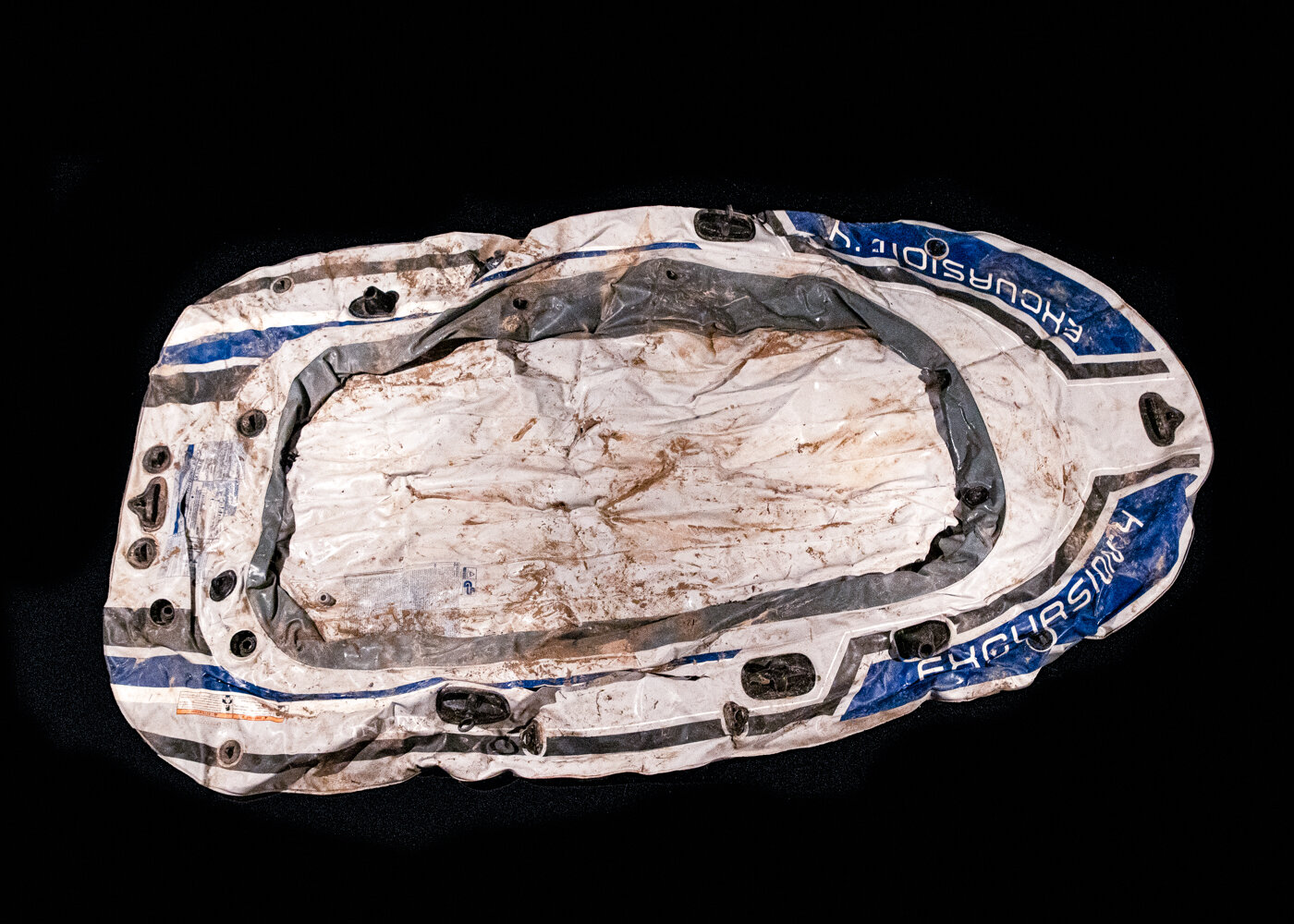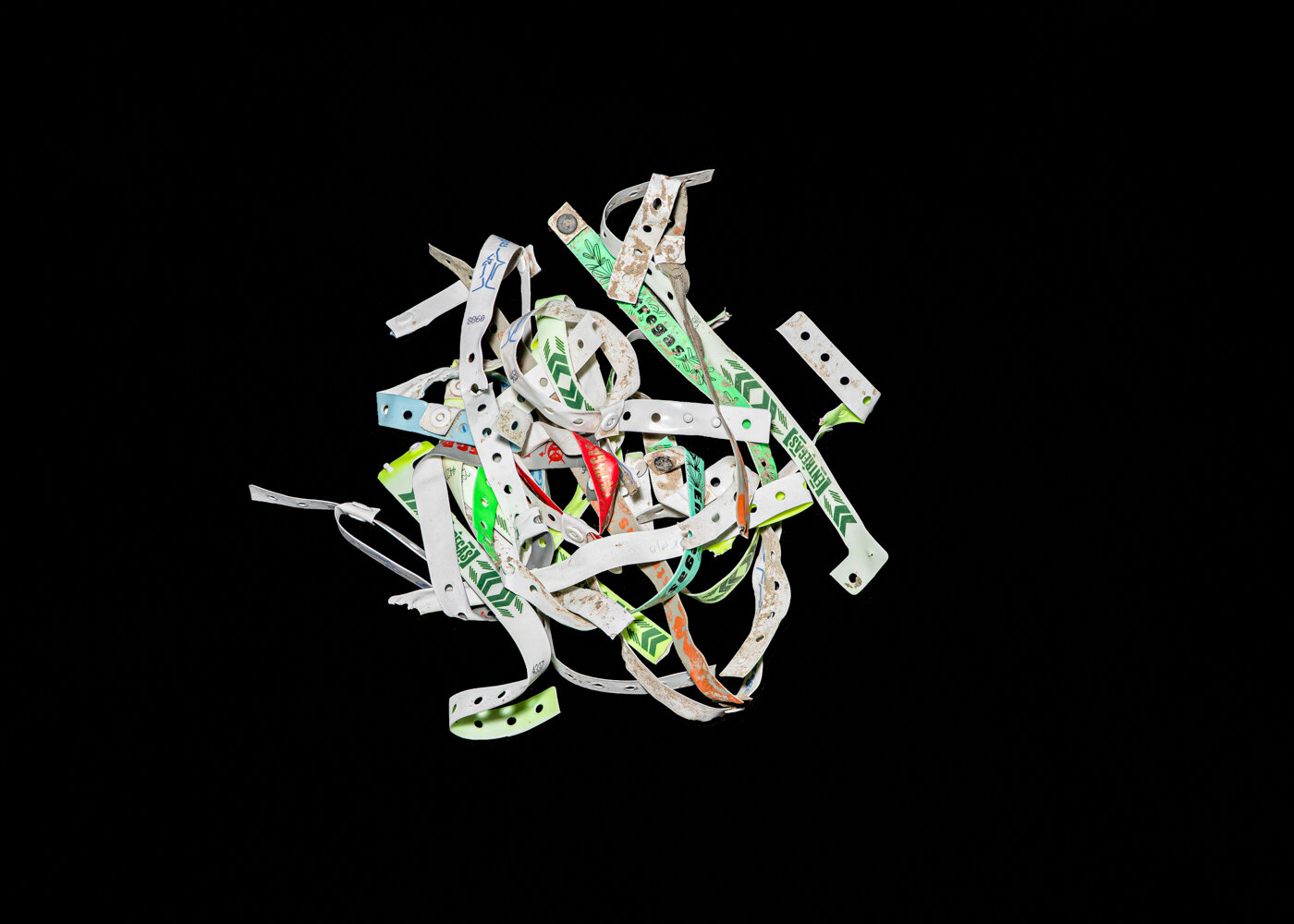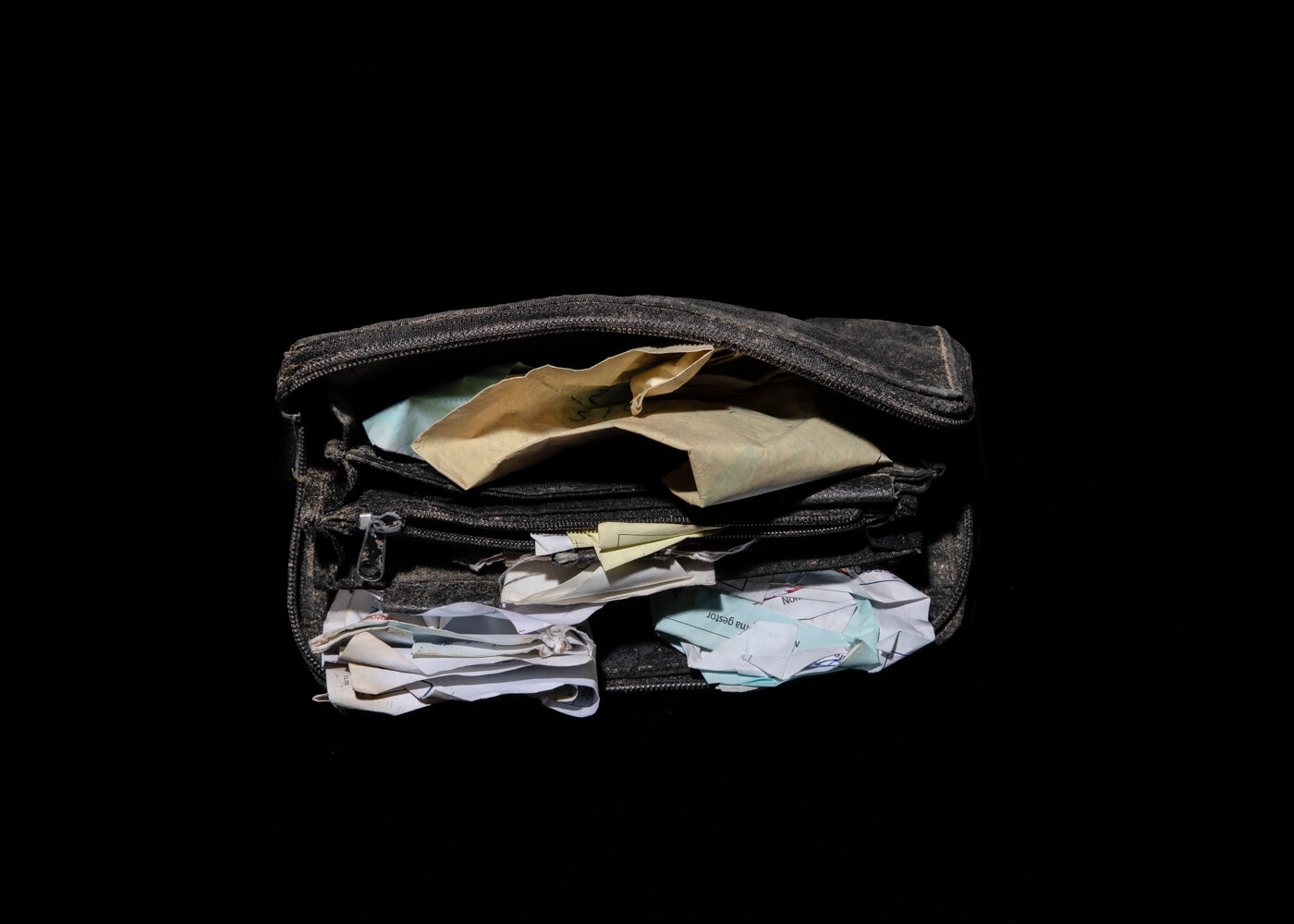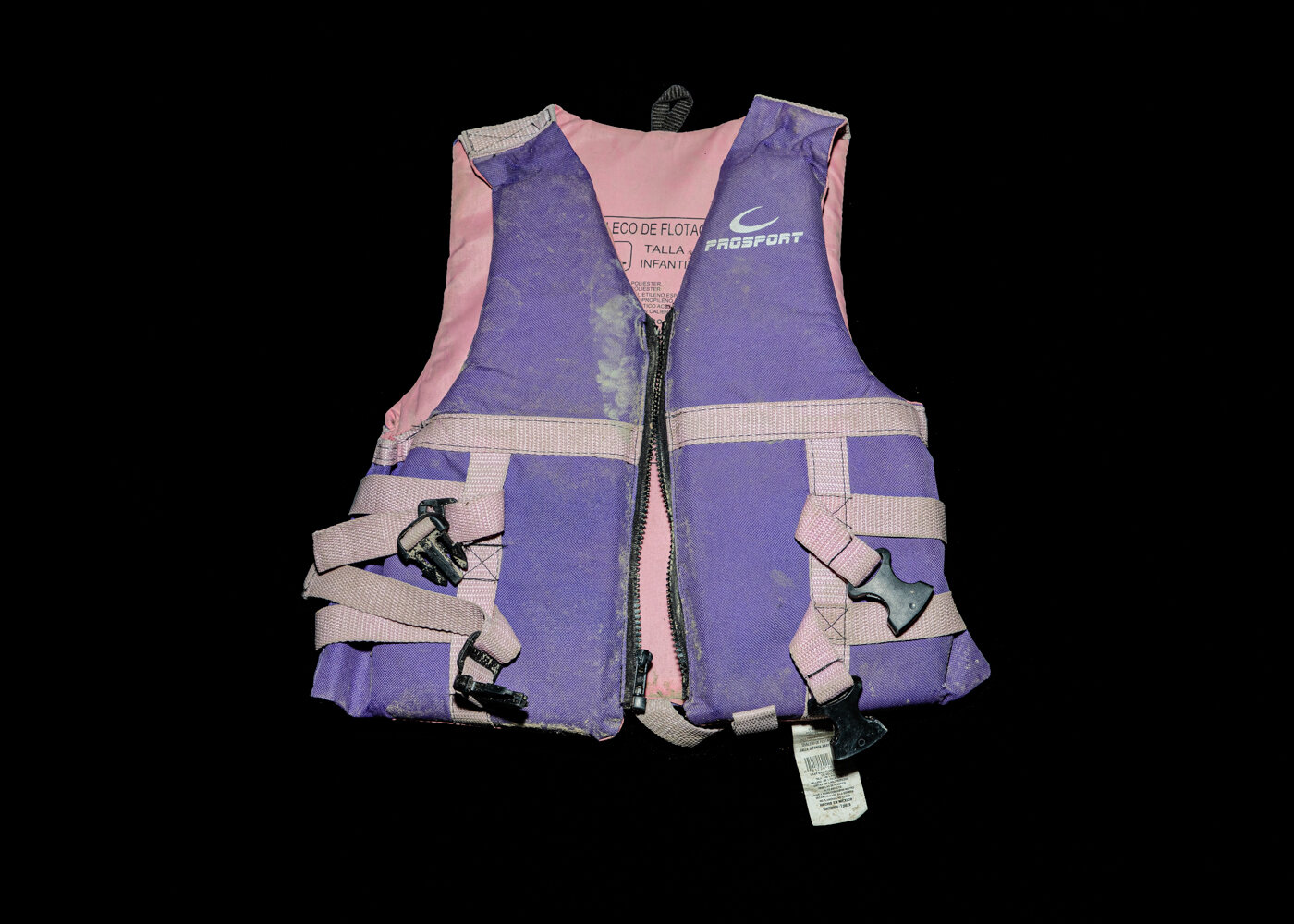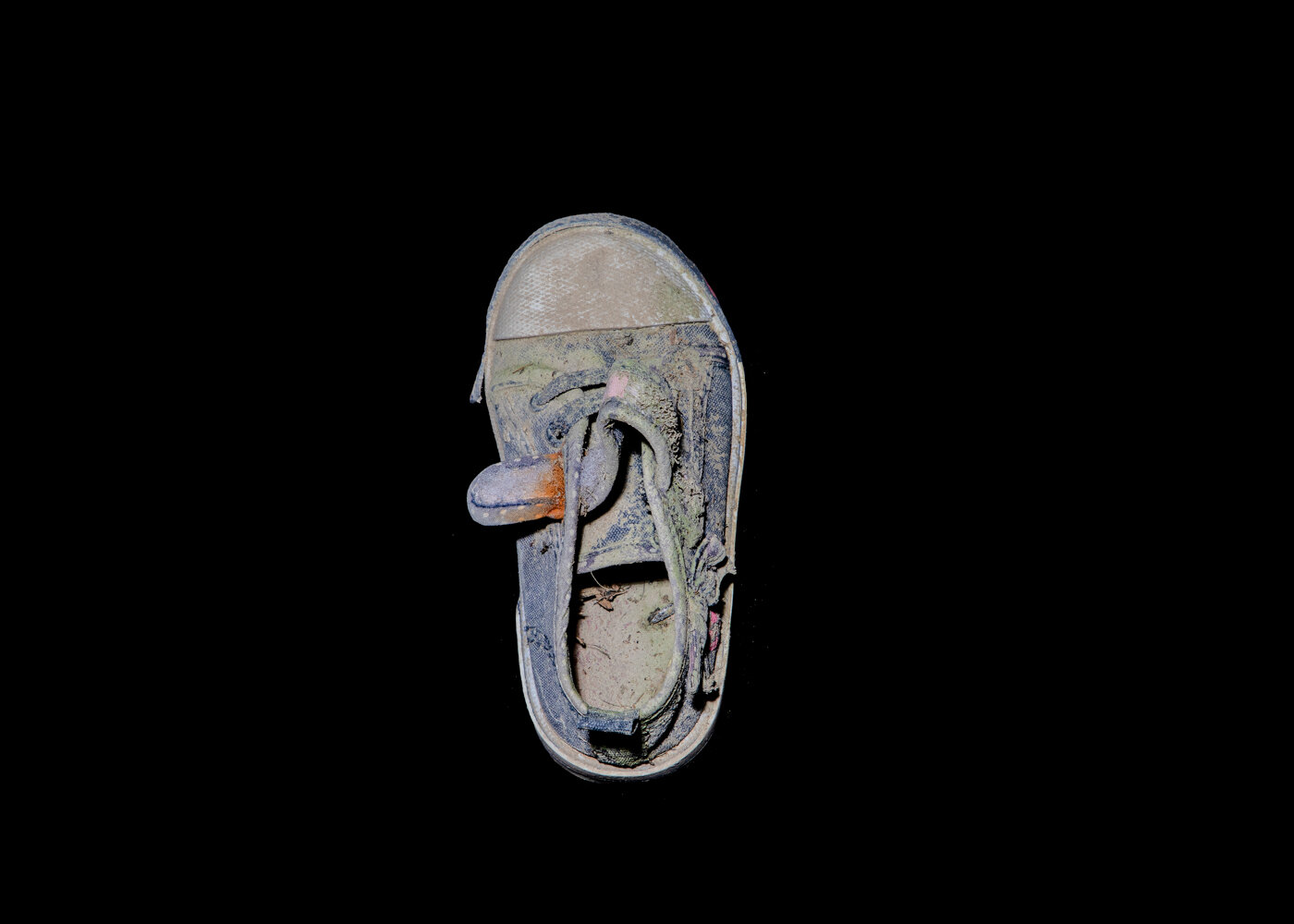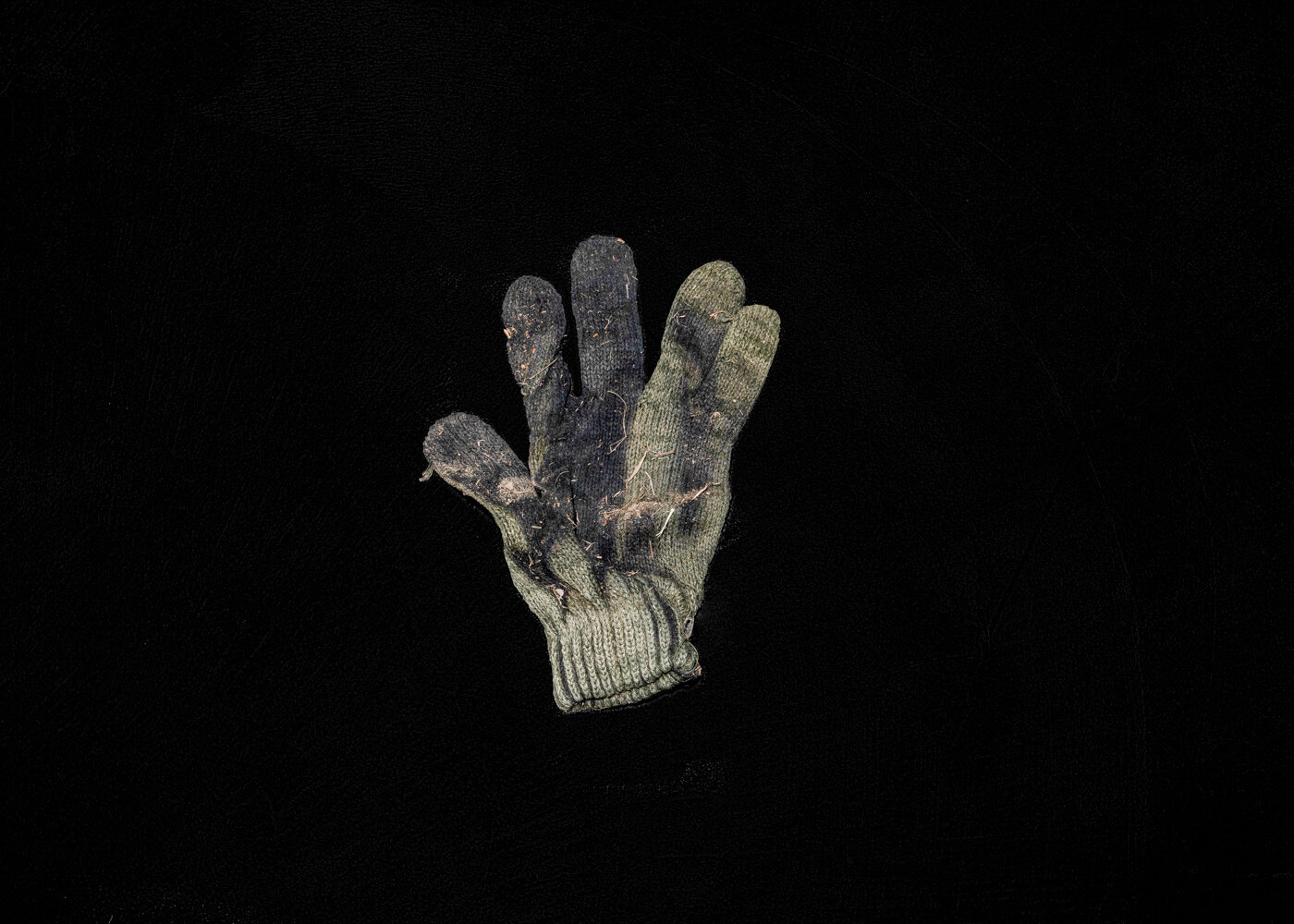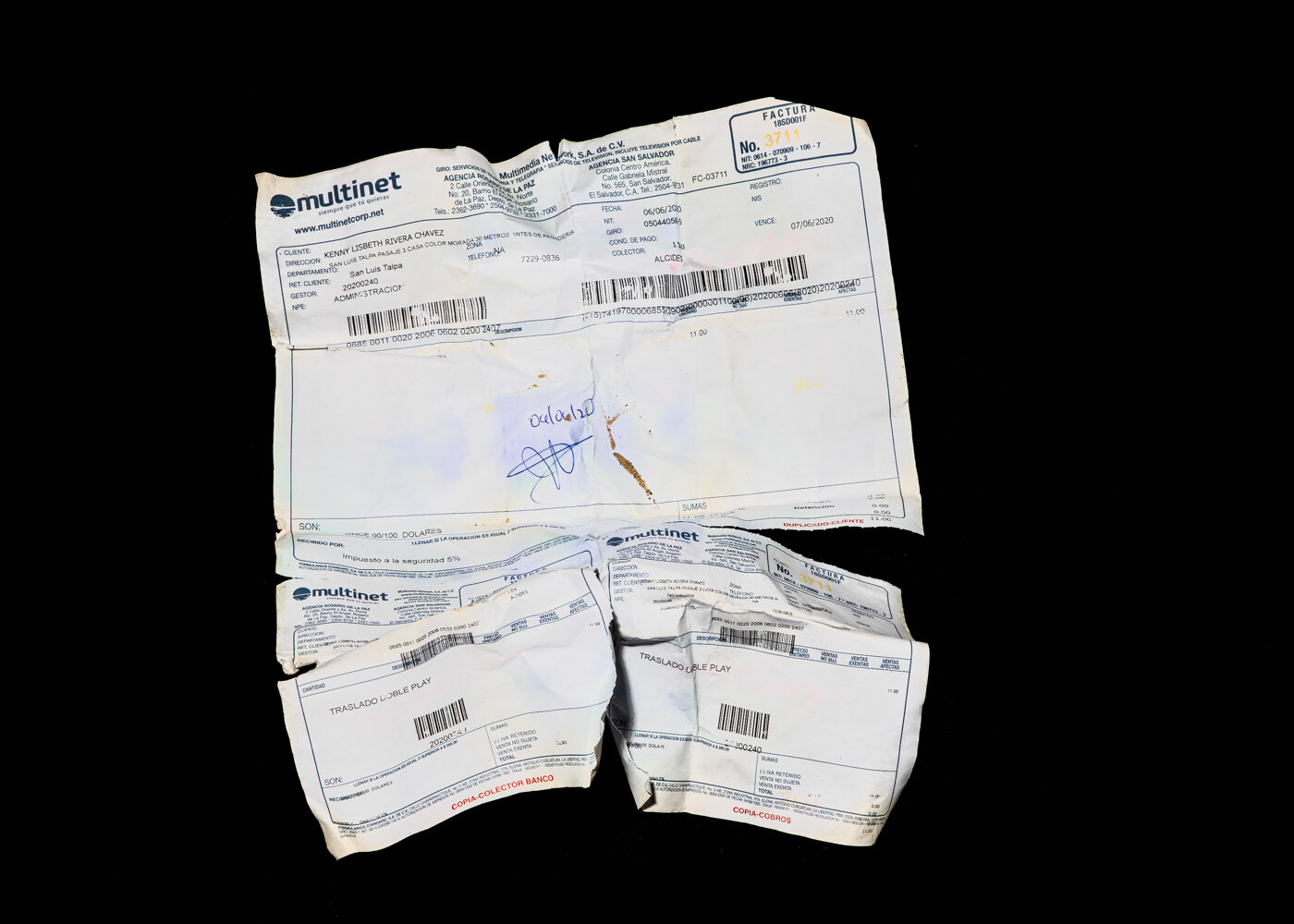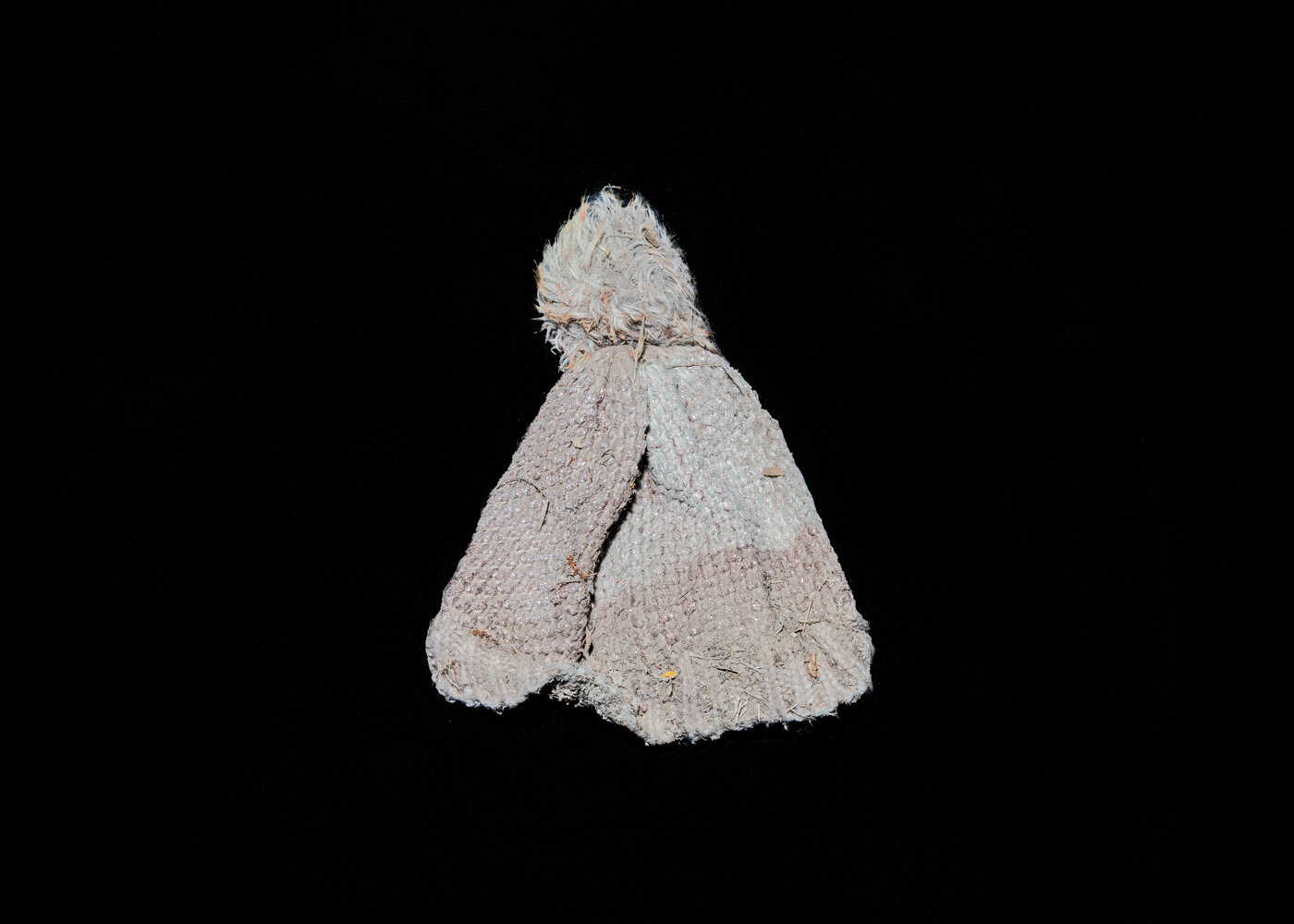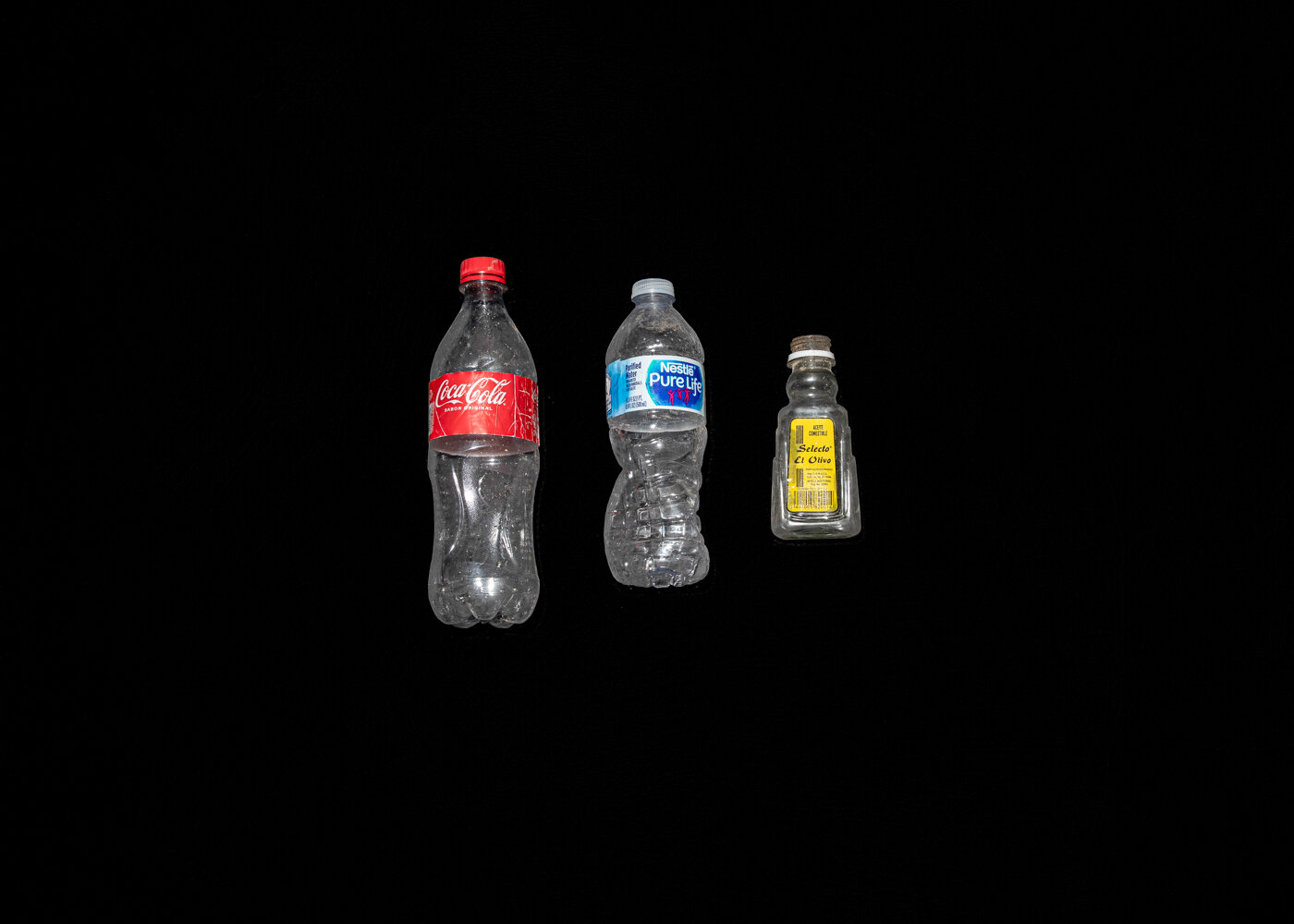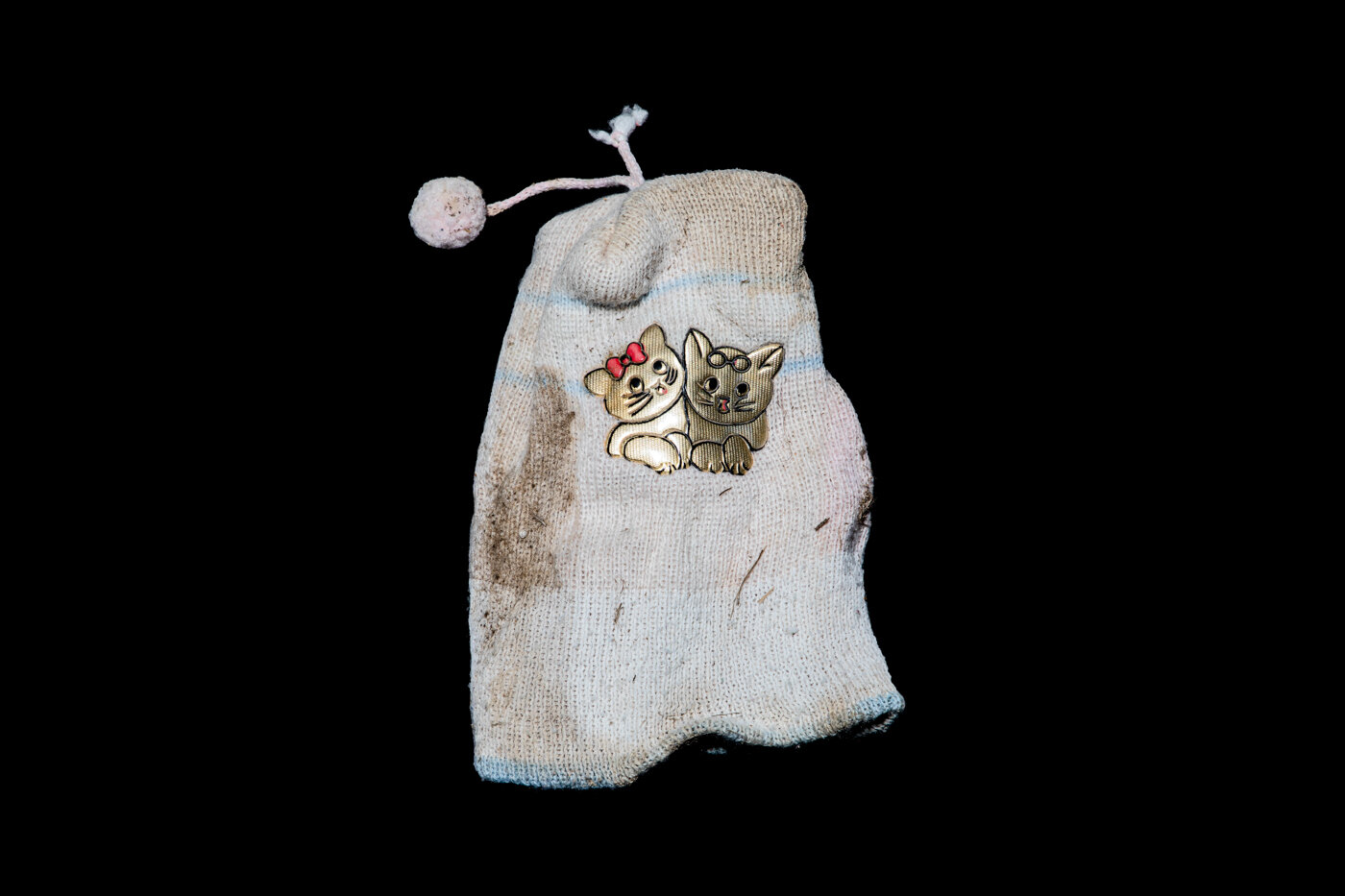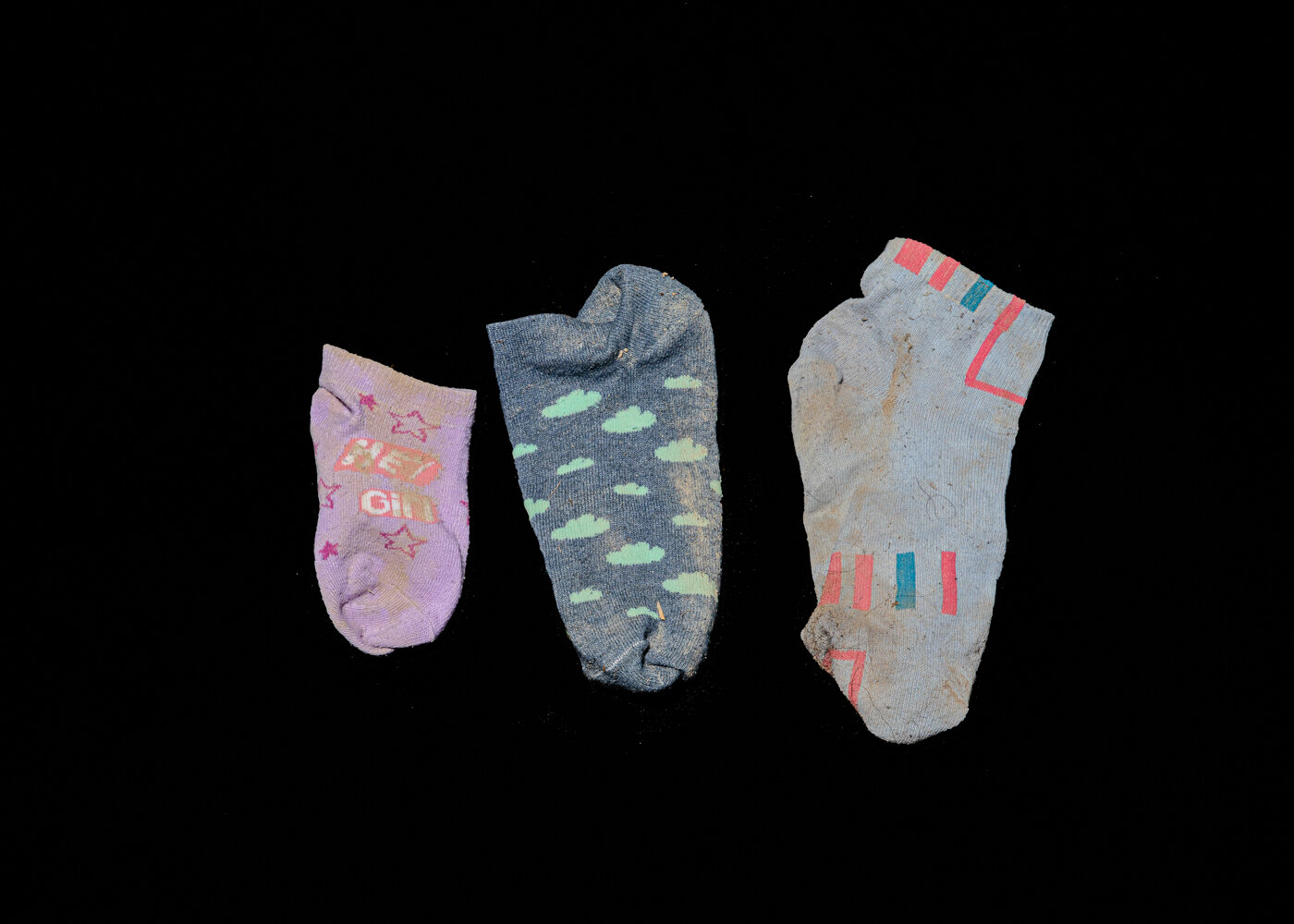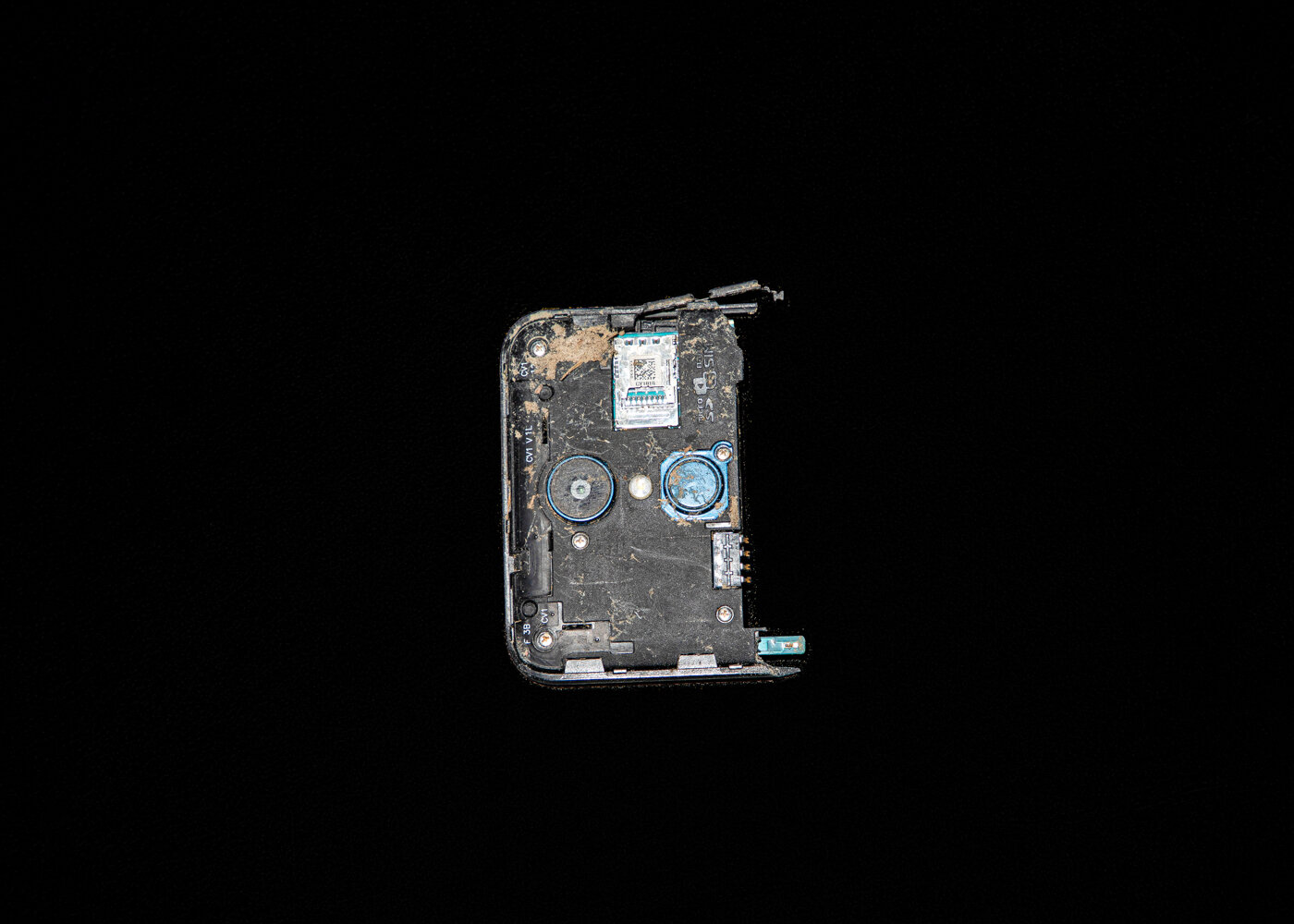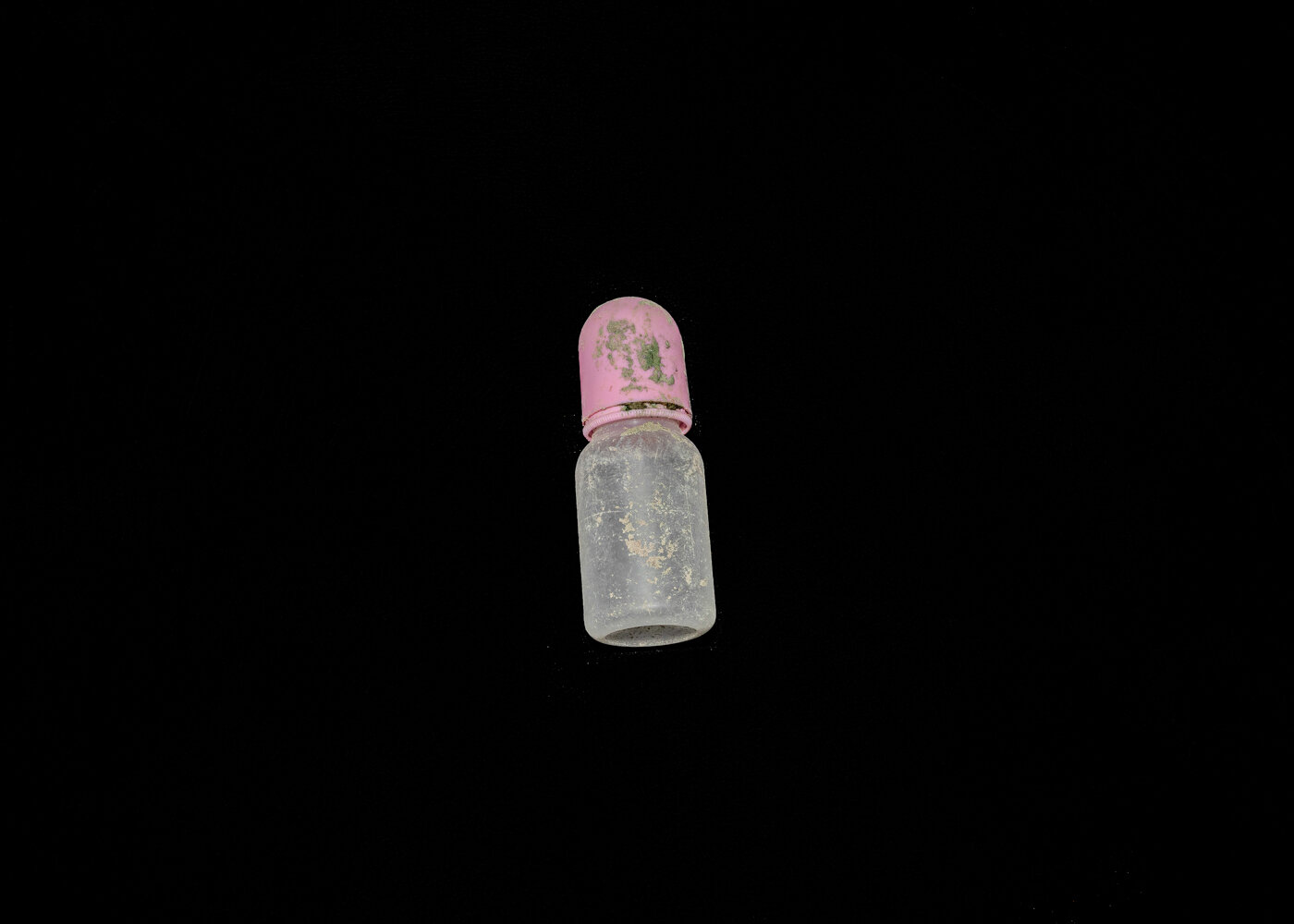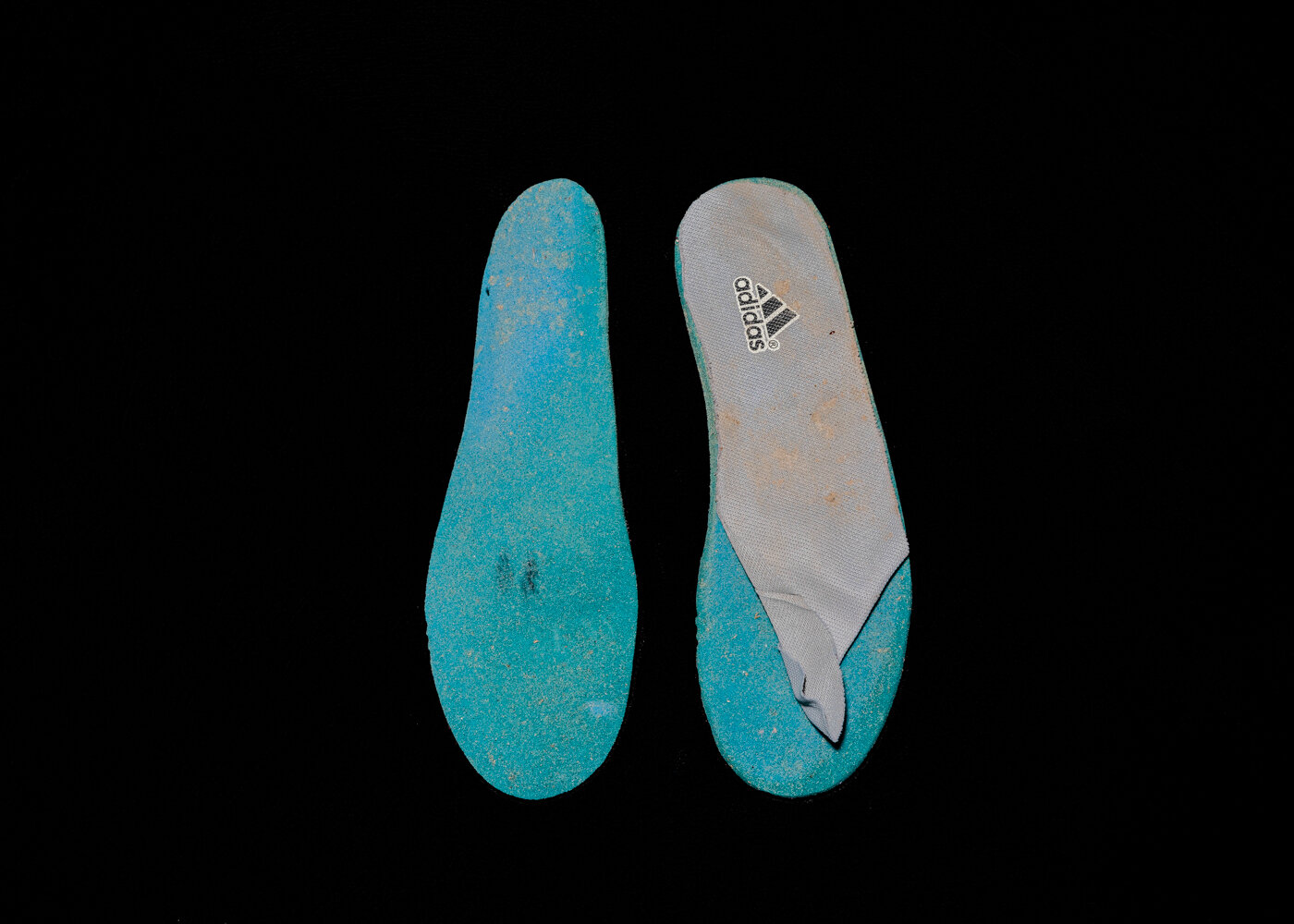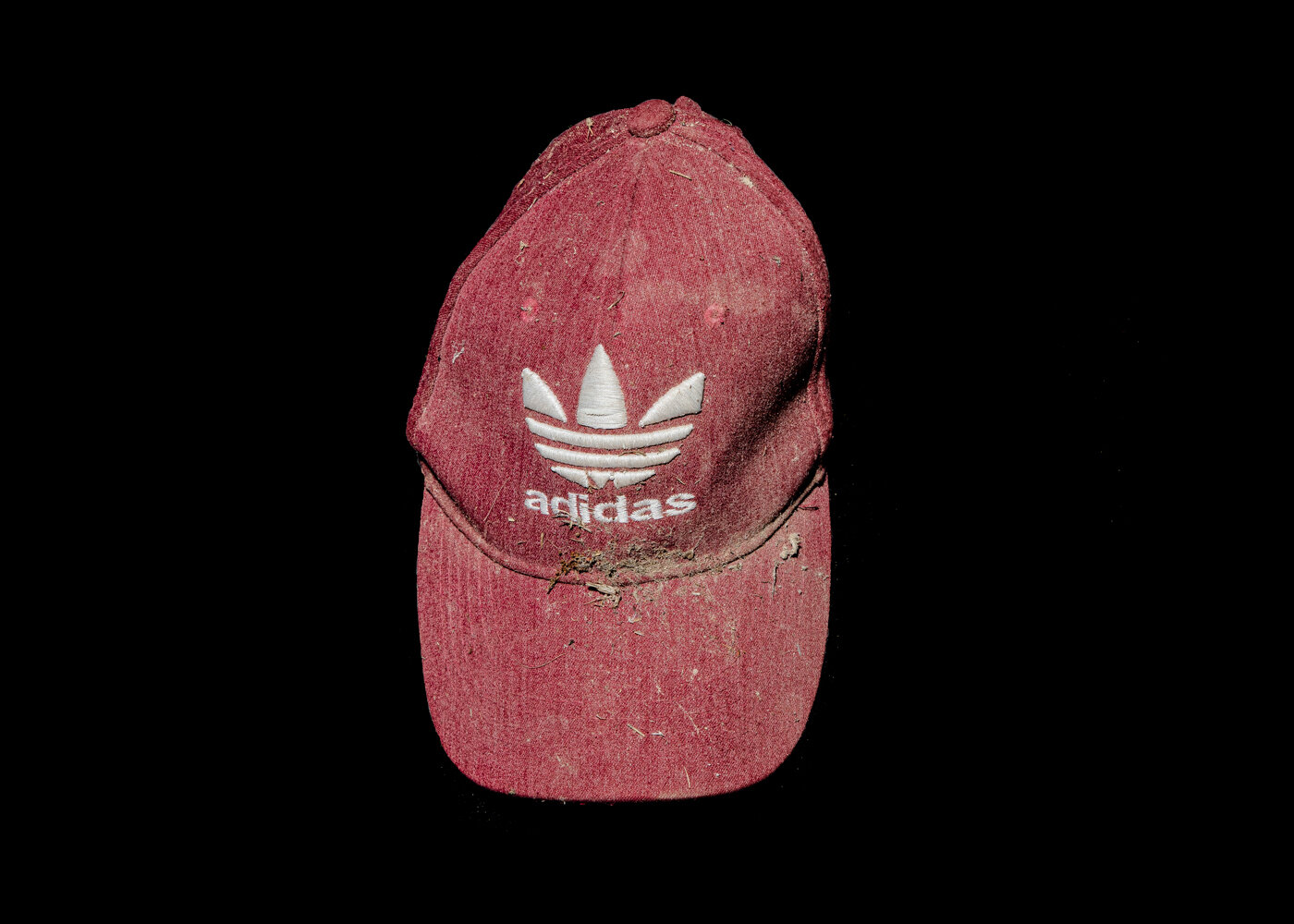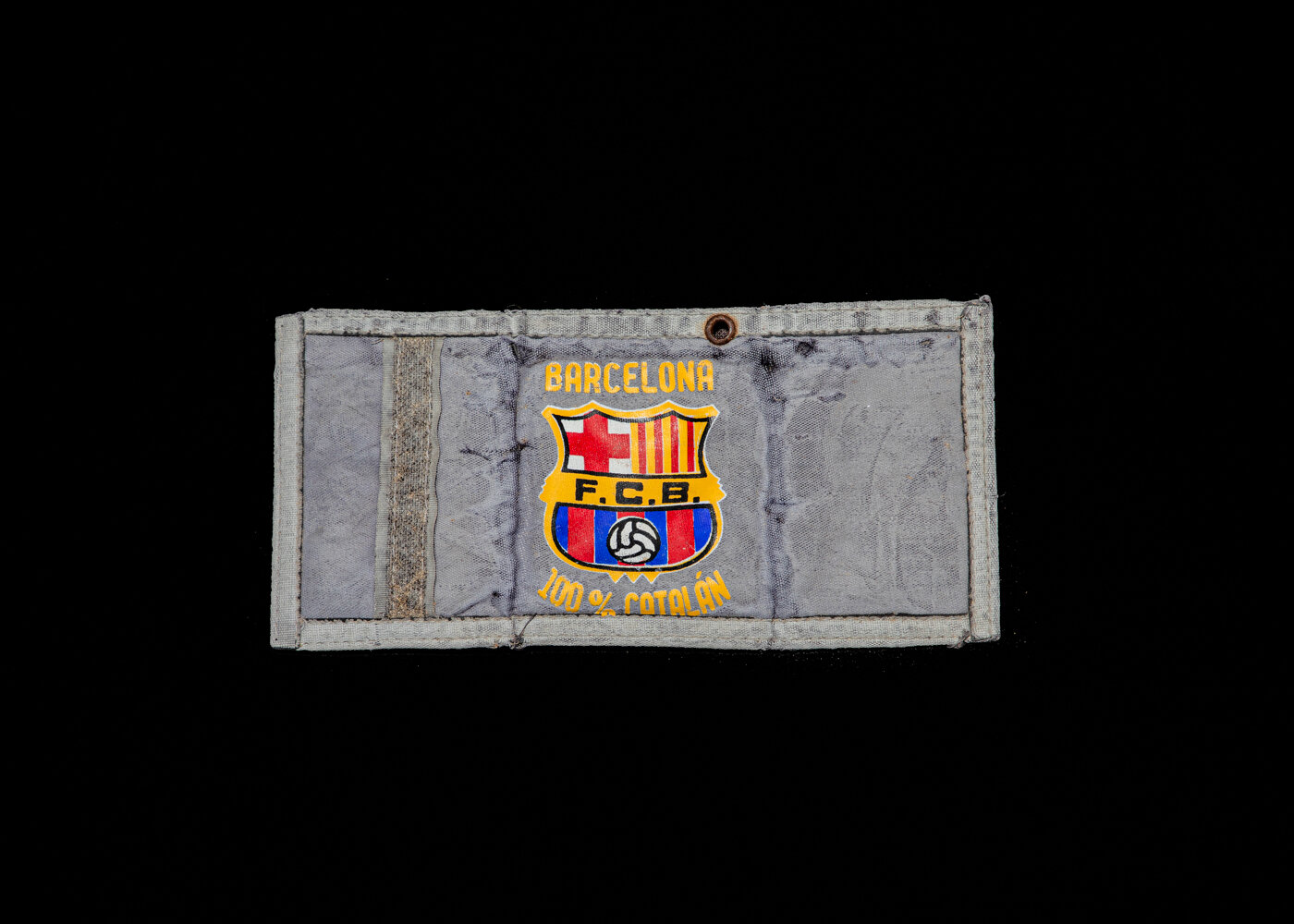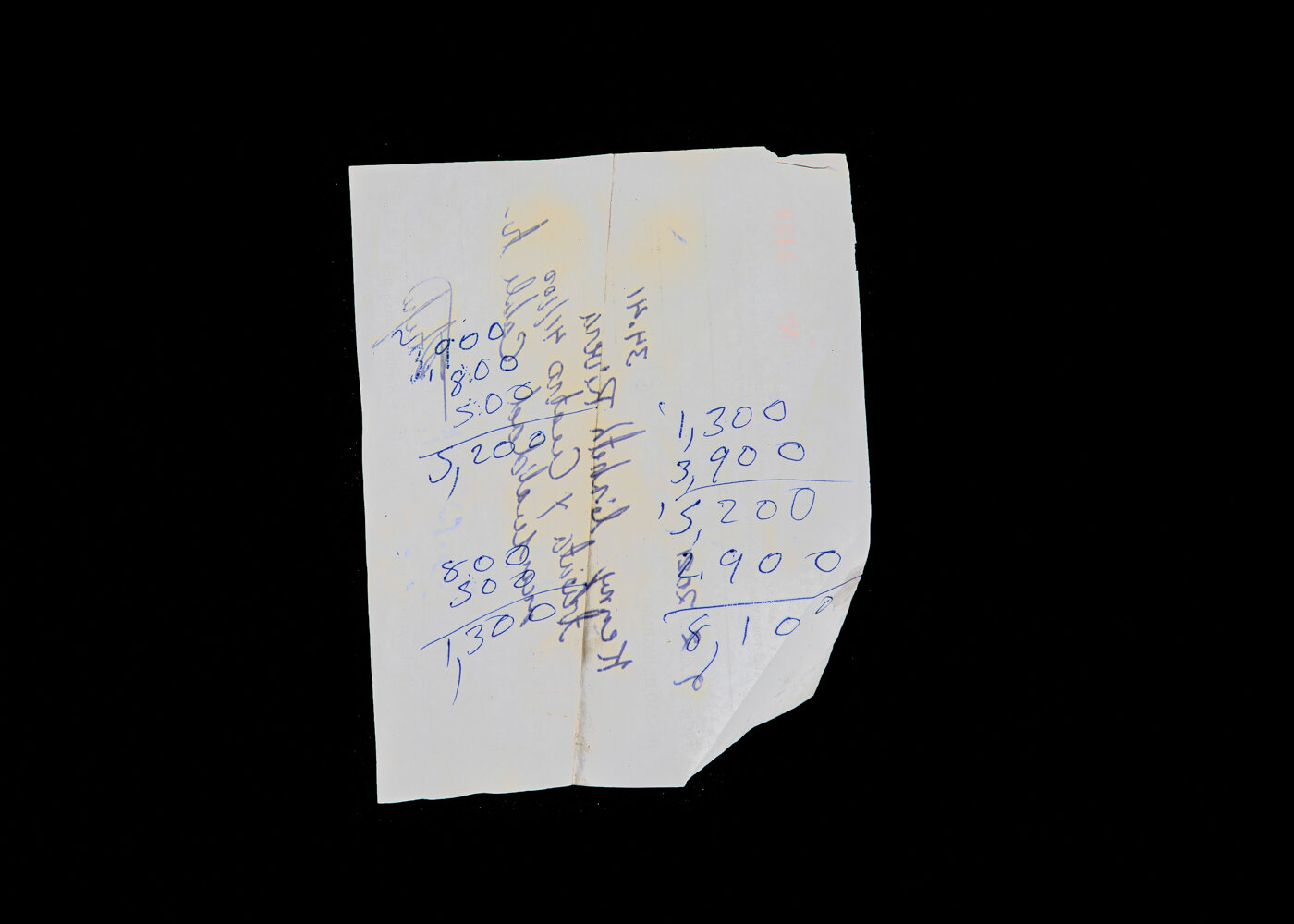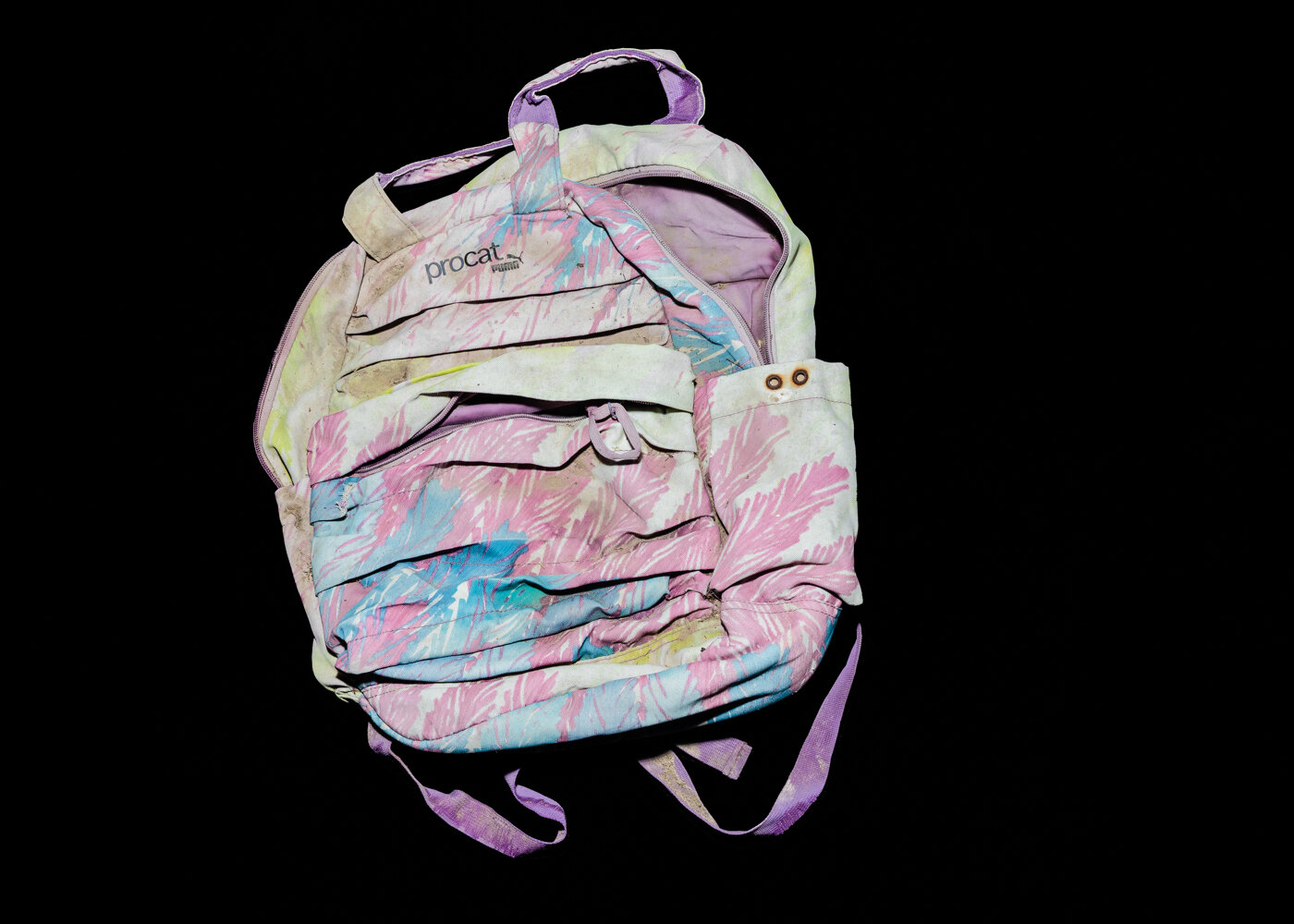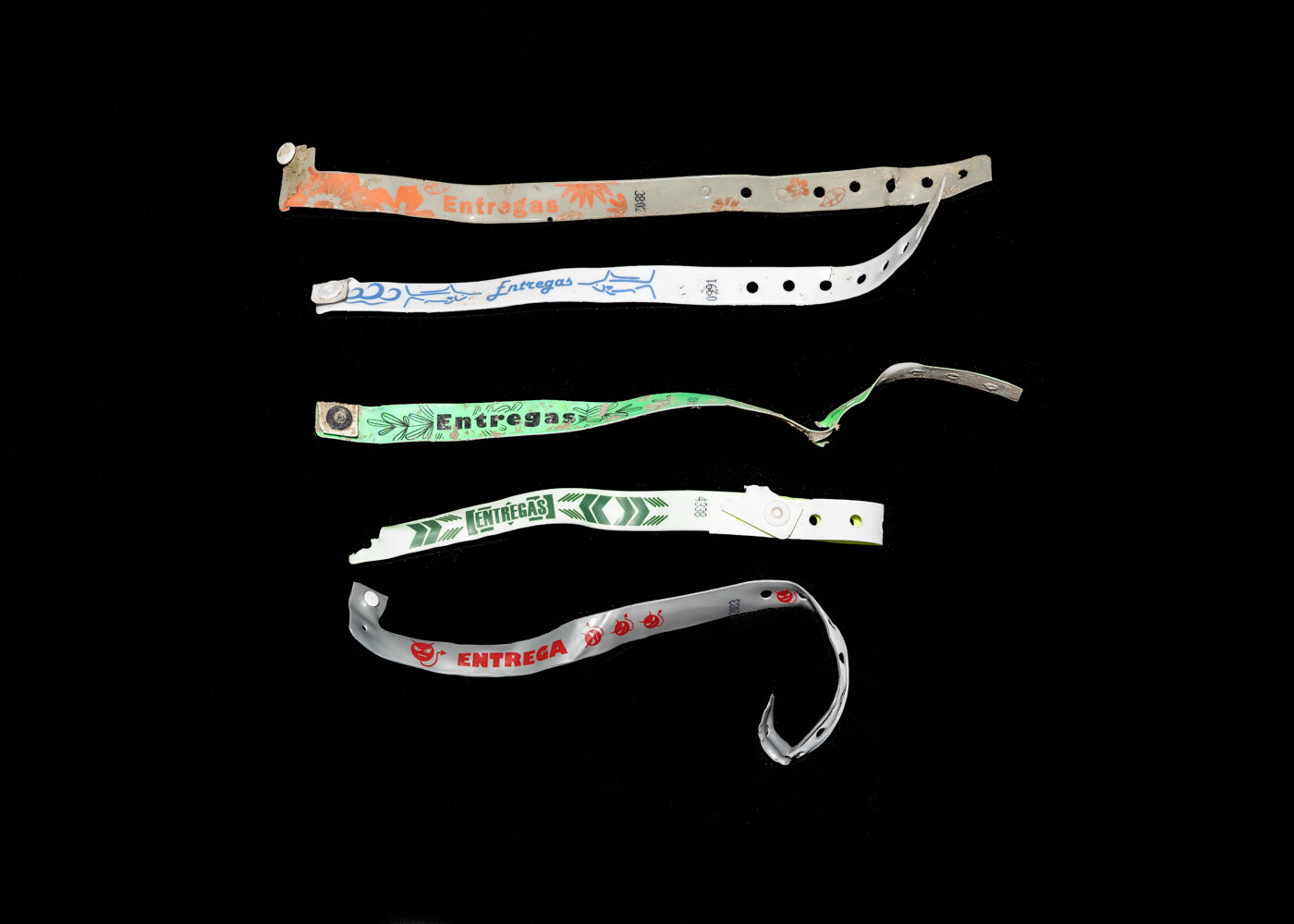LOST IN LIMBO
Written by Vanessa Ceceña & Photographs by Raquel Natalicchio.
In abruptly fleeing their country of origin, migrants have to decide what personal belongings they will carry with them during the long and arduous journey ahead. They travel by foot, train and bus, at times for months, limiting their ability to carry a large load of personal items.
Mothers, fathers, and minors are forced to leave behind items they deeply cherish: family heirlooms and photographs, their favorite clothes, shoes and toys. The majority will travel with only a backpack filled with food, water, a light jacket or sweatshirt, passports and birth certificates, and proof of their persecution. Some carry with them a small item that is special to them -- a photograph, earrings, a rosary - - that give them courage and hope in times of despair.
Along the Rio Grande in Roma, Texas, an area that has witnessed thousands of migrants crossing the river, countless items left behind are scattered throughout the eerie and muddy riverbank. Children's socks, shoes and beanies and baby bottles are remnants of the accompanied and unaccompanied minors that have made the difficult trek. Pink and purple children's life vests exist as stark reminders of the deceiving river that has claimed the lives of many. Wallets filled with receipts and medical documents are left behind, most likely having fallen out of backpacks or dropped by children helping their parent (s) carry the load. Parents rip off plastic wristbands as they step foot on the riverbank. These wristbands are given to them by smugglers as proof that they have paid the fee -- often reaching up to $10,000 USD -- to be crossed on a raft. To migrants, they are dehumanizing, a form of viewing them simply as human cargo.
These items are a snapshot of the uncertainty and disarray of the moment preceding Border Patrol apprehension.
